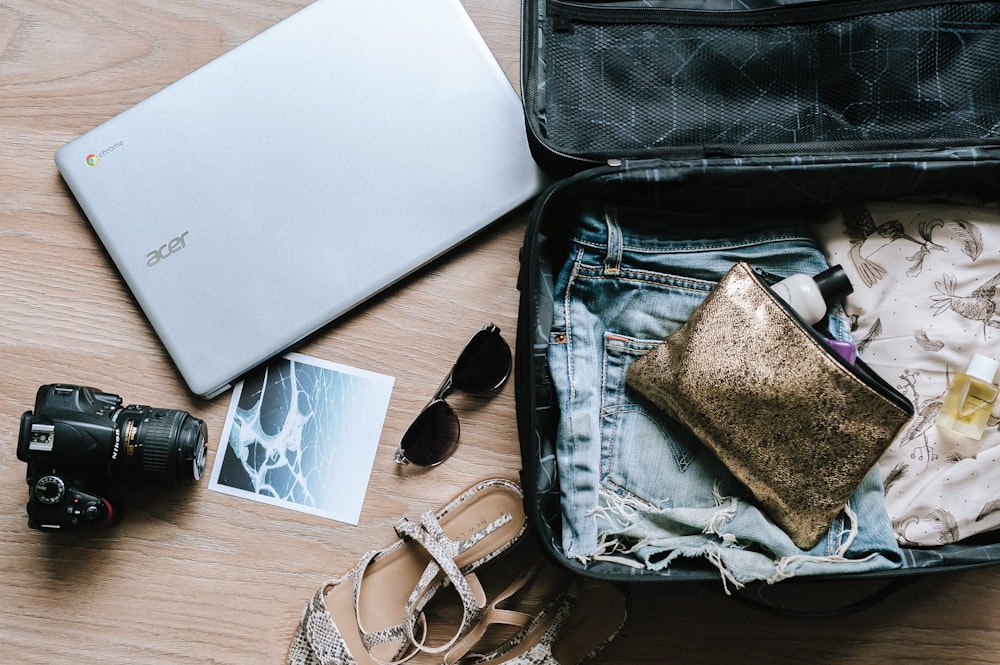Safe Travels Business Travel Safety Tips You Need to Know
Navigating Business Travel: Your Safety Comes First
Preparing for Departure: Essential Steps for a Secure Trip
As you gear up for your next business trip, prioritizing safety is paramount. Start by thoroughly researching your destination, including any travel advisories or safety concerns. Familiarize yourself with local customs, laws, and emergency procedures to ensure you’re well-prepared for any situation that may arise. Additionally, make copies of important documents such as your passport, itinerary, and contact information for your company’s emergency support team.
Packing Wisely: Essential Safety Items for Your Journey
Packing for business travel requires more than just your laptop and business attire. Include essential safety items in your luggage, such as a basic first aid kit, flashlight, and portable charger for your devices. Consider bringing a doorstop alarm or portable door lock for added security in your hotel room. Don’t forget to pack any necessary medications, as well as a travel-sized hand sanitizer and face mask for added protection, especially in crowded or high-risk areas.
Staying Informed: Keeping Up with Travel Alerts and Updates
Stay vigilant throughout your journey by staying informed of any travel alerts or updates. Sign up for travel advisories from your government’s official website or embassy in your destination country. Keep an eye on local news sources and weather forecasts for any potential disruptions to your travel plans. If you encounter any unexpected developments or safety concerns during your trip, don’t hesitate to reach out to your company’s travel management team or emergency support hotline for assistance.
Transportation Safety: Tips for Secure Travel On-the-Go
Whether you’re traveling by plane, train, or automobile, prioritize safety at every stage of your journey. Opt for reputable transportation providers and avoid traveling alone, especially at night or in unfamiliar areas. Keep your belongings secure at all times, and never leave your luggage unattended in public areas. If you’re renting a car, familiarize yourself with local traffic laws and road conditions, and always use GPS navigation to stay on course.
Hotel Security: Ensuring Peace of Mind During Your Stay
Your hotel should serve as a safe haven during your business trip, so take steps to ensure your security and peace of mind. Choose accommodations in safe, well-lit areas with secure entry points and 24-hour reception or security staff. Upon arrival, inspect your room for any signs of tampering or security vulnerabilities, such as broken locks or windows. Keep your room key and valuables secure at all times, and consider using the hotel safe for any items you don’t need to carry with you.
Personal Safety: Tips for Navigating New Environments
As you navigate unfamiliar surroundings during your business trip, prioritize your personal safety above all else. Trust your instincts and avoid risky or dangerous situations whenever possible. Stick to well-traveled routes and avoid walking alone in secluded or poorly-lit areas, especially at night. Be cautious when interacting with strangers, and never share personal or sensitive information with anyone you don’t trust.
Health and Wellness: Maintaining Your Wellbeing on the Road
In













